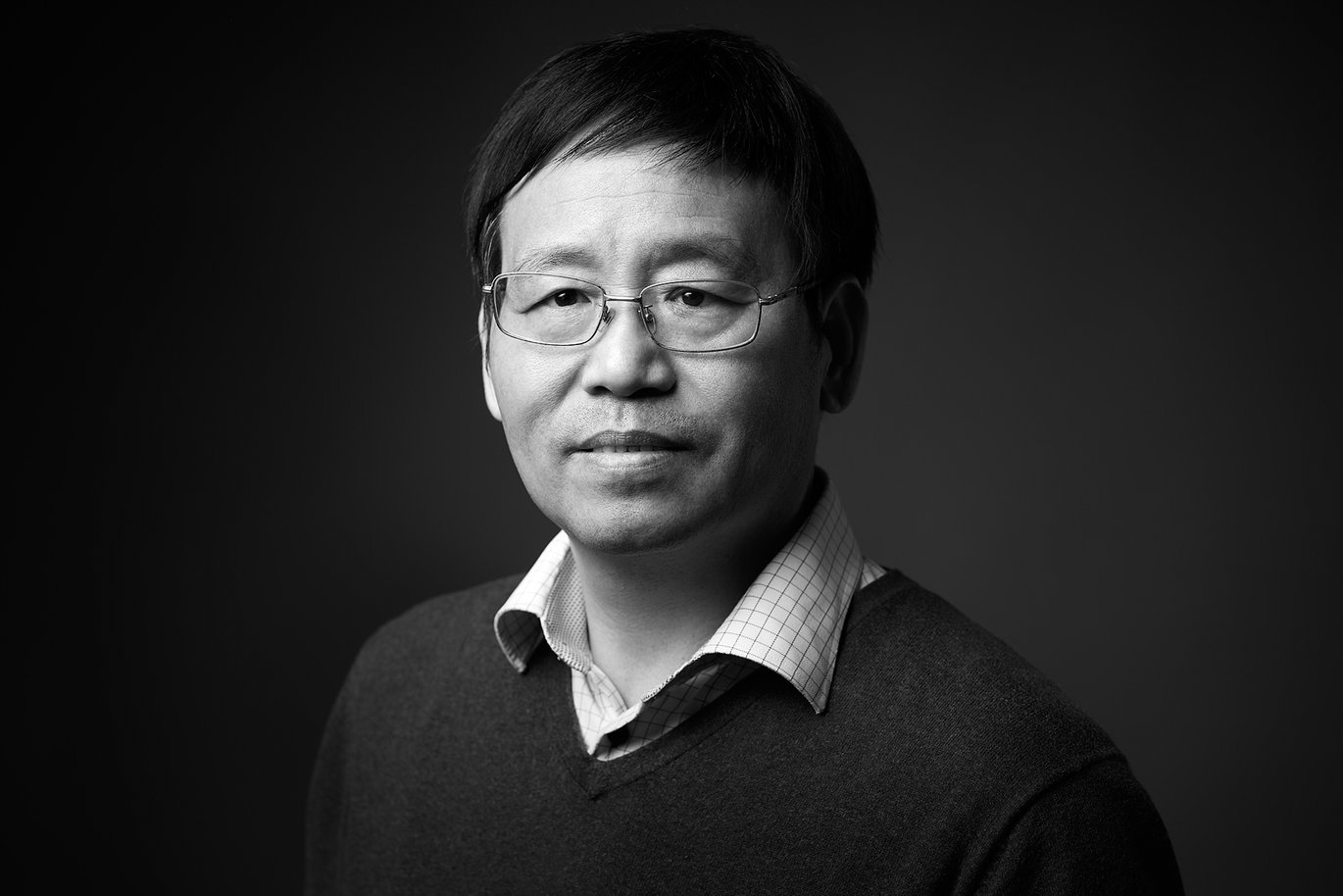New professor in green technology
The green transition is about much more than energy and fuel, and large parts of industry are still entirely dependent on fossil raw materials. Chemical and biotechnological advances are vital for a sustainable future. Zheng Guo is a new professor in enzyme technology; a technology that will play a major role in the green society of the future.

Agriculture is facing a paradigm shift, and the sector could become the driving force behind the green transition of society and industries. At present, society depends heavily on fossil raw materials and energy sources for heating, light and fuel. These sources are also the basis for carbon-based manufacturing industries, such as textiles, chemicals and plastics.
Rethinking this infrastructure is crucial for the transition to a sustainable society: it requires a complete overhaul of the way we produce food, and there are far-reaching consequences for the industries mentioned above.
The focal point of the transition is improved and more efficient utilization of biomass, as well as the development of a wealth of technologies to convert biomass into the products that society needs both now and in the future.
Research into agro-biotechnology is at the heart of this development, and at Aarhus University, this field of research is led by Zheng Guo, who, after 13 years at the university, has now achieved a full professorship at the Department of Biological and Chemical Engineering.
“The starting point for the green transition is restructuring how we produce food. Processing excess biomass from this production into renewable products is one thing. But exploring the potential of biological resources goes beyond this. Our agro-biotechnological research is targeting the use of natural processes and materials and the innovative upcycling of agricultural residues and biowastes to enable bio-based industrial processes with lower or zero environmental footprint,” says the new professor.
The evolutionary quantum leap
Among other things, the agro-biotechnology research group at Aarhus University is researching how to use enzyme technology to convert biomass and agricultural residues into high-value products.
"Enzymes are nature's way of creating chemicals, and they can also be our way of transforming today's polluting chemical industry into a sustainable alternative. By copying the quantum leaps of evolution, we can use enzyme catalysis to convert lipids, biomass and industrial crops into new value-generating products, such as biofuels, biomaterials, platform chemicals and food products. It's pretty amazing what can be achieved with enzyme technology, and it’s an area we still haven’t explored in any depth," says Zheng Guo.
Zheng Guo was born and grew up in the city of Zhengzhou in China. He was top of his class in chemistry at upper secondary school, and in 1988 he decided to embark on a degree programme in chemical engineering at Tianjin University, one of China's top universities in chemistry and chemical engineering.
"Chemical engineering is a very broad field with many specialist areas. Chemistry is in virtually everything, and chemical engineering is a very practical area in which we apply our academic skills to solve problems and help society," says Professor Zheng Guo.
Rapidly growing research area
Zheng Guo defended his PhD in biochemical technology in 2004, and later that same year, he travelled to Denmark to work as an assistant professor at the Technical University of Denmark, DTU. He then began his research into enzyme technology, green chemistry and sustainable biotechnological production, and at this early stage in his career, he decided that these areas would remain the focus of his research.
In 2008, he was appointed as an associate professor at the former Department of Molecular Biology at Aarhus University. He spent a year at the Massachusetts Institute of Technology (MIT) from 2011-2012, and then returned to Aarhus University as an associate professor at the Department of Engineering.
"During his long research career at AU, Zheng Guo has built up a large and internationally renowned research group within lipids research. He has excelled at adapting to the local research environment, and establishing and maintaining good relationships with significant Danish industries, which is very important, as it means our research and developments can reach into the real world. Zheng Guo is incredibly driven and motivated, and I look forward to many years of research collaboration with him at the department," says Professor Lars DM Ottosen, head of the Department of Biological and Chemical Engineering.
In 2018, Zheng Guo travelled to the California Institute of Technology, CalTech, to spend a year working with the American Nobel Prize laureate and chemical engineer, Frances H. Arnold. When he returned in January 2019, he established a new research area: Enzyme discovery and engineering.
"Enzyme technology is the be-all and end-all of the green transition. And it’s a very exciting interdisciplinary field of research that I hope to work on even more in the future. Metalloenzymes in particular show great potential and are a rapidly growing area of research that could make very positive contributions to society in many ways, for example by helping remediate historical groundwater and soil pollution," says Professor Zheng Guo.
Contact
Professor Zheng Guo
Aarhus University, Department of Biological and Chemical Engineering
Mail: guo@bce.au.dk
Tel.: +4587155528
